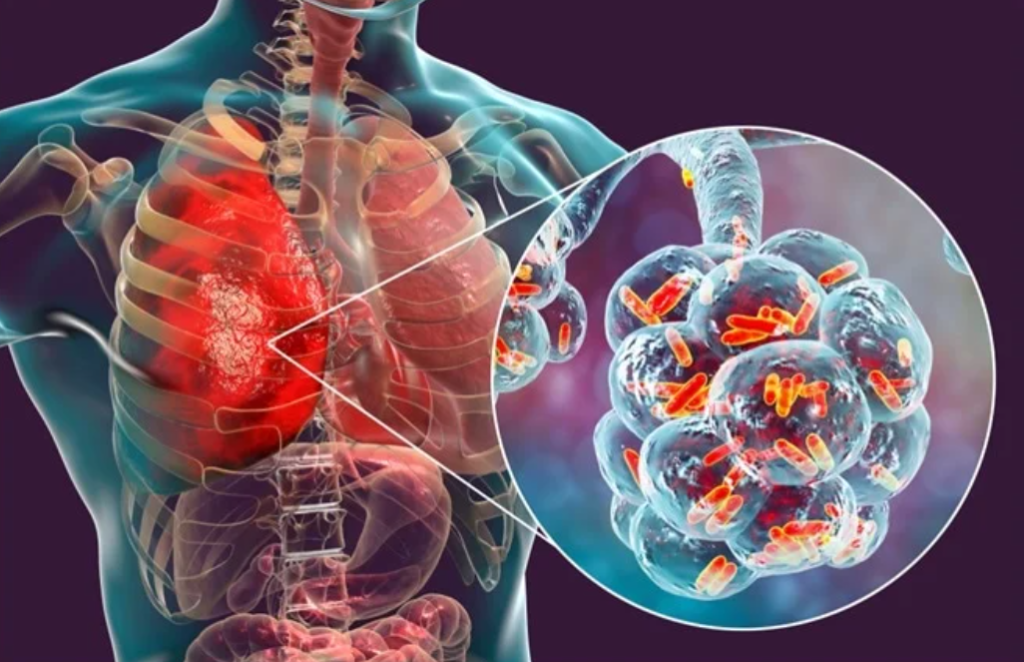[ad_1]
Pneumonia is a common respiratory infection that can cause inflammation in the lungs, making it difficult to breathe. It can be a serious illness, especially for older adults, young children, and individuals with weakened immune systems. Understanding the causes and symptoms of pneumonia is essential for early detection and treatment.
Causes:
Pneumonia is commonly caused by a bacterial or viral infection. Bacteria such as Streptococcus pneumoniae, Haemophilus influenzae, and Mycoplasma pneumoniae are known to cause bacterial pneumonia. Viral pneumonia is often caused by respiratory viruses like the influenza virus, adenovirus, or respiratory syncytial virus. Pneumonia can also be caused by fungi or other microbes in rare cases.
Factors that can increase the risk of developing pneumonia include age (being very young or very old), having a weakened immune system, smoking, chronic lung disease, heart disease, or other underlying health conditions.
Symptoms:
The symptoms of pneumonia can vary depending on the type of infection, the person’s age, and overall health. Common symptoms of pneumonia may include:
– Cough, which may produce phlegm
– Fever
– Chills
– Shortness of breath
– Chest pain that worsens when breathing or coughing
– Fatigue
– Nausea and vomiting
– Confusion, particularly in older adults
It is important to seek medical attention if you experience any of these symptoms, particularly if you have a high fever or difficulty breathing. Pneumonia can be diagnosed through a physical examination, chest X-ray, and sometimes blood tests or sputum culture.
Treatment:
Treatment for pneumonia depends on the underlying cause of the infection. Bacterial pneumonia is typically treated with antibiotics, while viral pneumonia may not respond to antibiotics and may require antiviral medication or supportive care to manage symptoms. In some cases, hospitalization may be necessary, especially for severe cases of pneumonia or for individuals at higher risk of complications.
Prevention:
There are some steps you can take to reduce your risk of developing pneumonia. These include:
– Getting vaccinated against the flu, pneumococcal pneumonia, and other preventable infections
– Practicing good hand hygiene
– Avoiding smoking and secondhand smoke
– Eating a healthy diet and staying physically active to maintain overall health and a strong immune system
In conclusion, understanding the causes and symptoms of pneumonia is crucial for early detection and treatment. If you experience symptoms of pneumonia, it is important to seek prompt medical attention to reduce the risk of complications and speed up recovery. Preventative measures such as vaccinations and good hygiene can help reduce the risk of developing pneumonia in the first place.
[ad_2]

